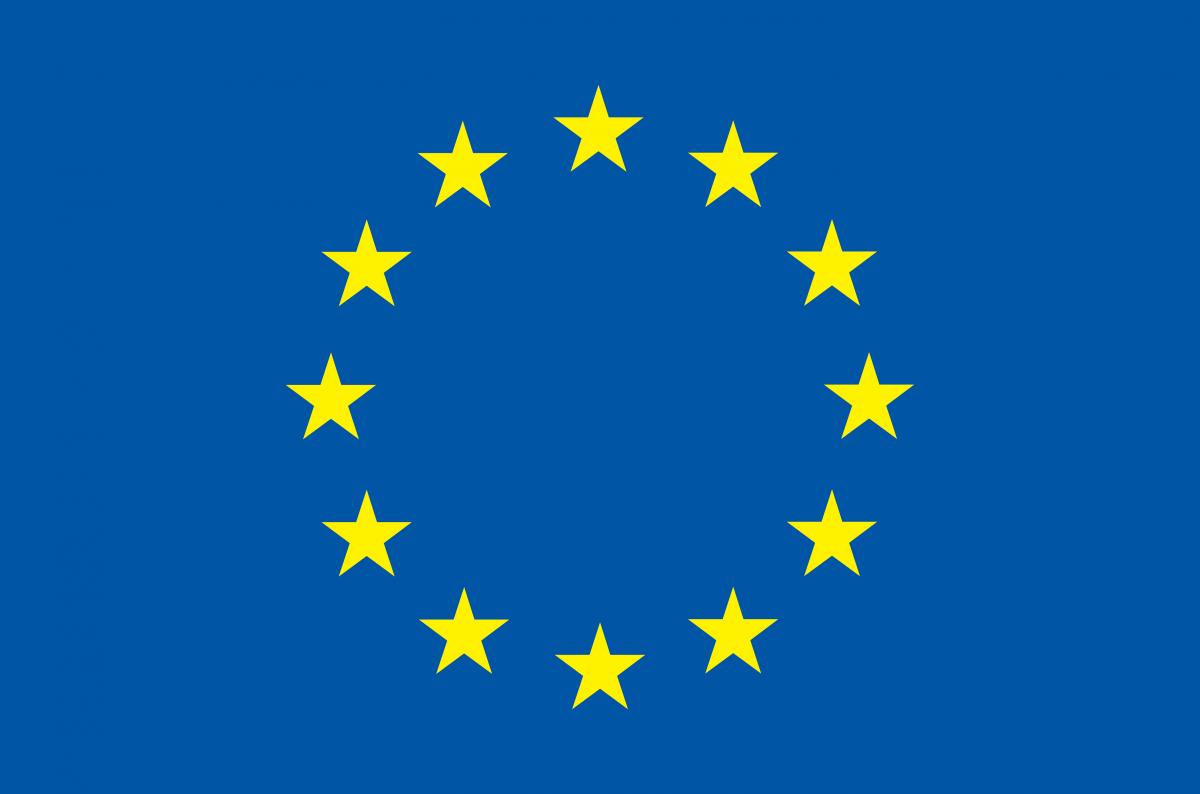Assessment of Advanced Certification and Rebranding of Agricultural Co-operatives

Project Objectives
It was advised that the implementation strategies for advanced certification should include at least the following elements:• Recommend criteria for advanced co-operative certification, based on international best practices, co-operative feasibility, stakeholder perspectives, and alignment with co-operative sector vision. • Include an examination of what a ‘good gender practices’ criterion for certification might be (with emphasis on being both effective and feasible), likely some mix of membership/leadership quotas and gender responsive services and processes. • Recommend benefits that should accompany advanced certification in order to incentivise coops to gain and retain the certification. • Recommend rebranding approaches, including parameters for rebranded names and strategies for creating awareness. • Recommend certification structures and processes, and approaches to put them in place, including institutional arrangements, processing and granting of certification, etc.
Summary
This project and subsequent report summarises the findings from field and desk research into the feasibility of establishing a certification system for co-operatives in Ethiopia. It reports on the lack of specific certification systems for agricultural co-operatives in the developing world with the exception of a recently developed programme in the Philippines. Drawing on this and also on evidence from international certification systems that involve co-operatives as well as major co-operative rebranding process in the UK, the report makes a series of recommendations for a certification system to be developed in Ethiopia tailored to specific needs of the country and its co-operative sector.
Contact
Cooperatives Europe
Avenue Milcamps 105
B - 1030 Bruxelles
VAT: BE 0879.795.938
+32 2 743 10 33
www.coopseurope.coop

This website has been co-funded by the European Union. The content of this website is the sole responsibility of Cooperatives Europe and can in no way be taken to reflect the views of the European Union
